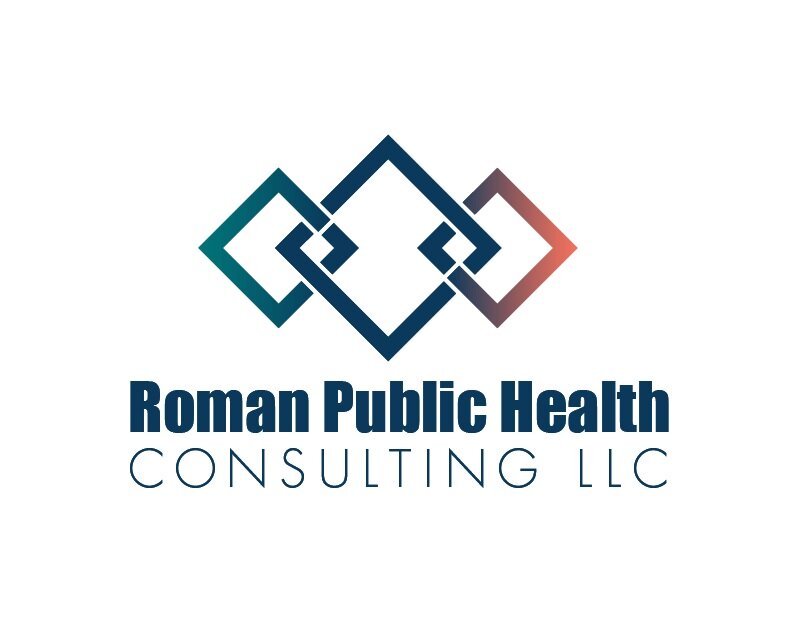If I Leap, the Net Will Appear, Right?
Today’s guest post “If I Leap, the Net Will Appear, Right?” (1) is written by Joanna Locke, MD, MPH. She is the Principal Consultant at Locke Public Health.
This blog is for informational purposes only. It is not intended or implied to be a substitute for professional financial, psychological or medical advice.
Inspirational stories and quotes about entrepreneurialism abound in our society, with successes enshrined in books and documentaries, news articles and blog posts, the covers of planners and journals. Risk taking can be an attractive proposition. (However, publication bias means that stories about those for whom no net appeared are shared much less frequently). So, how do you decide if the leap is for you? An excellent post on this blog from May 2019 outlines six criteria to assess your status as an expert. Even if you feel “expert enough,” what else should you think about before you strike out on your own, and how do you overcome what may be holding you back?
1. Living with uncertainty: Some people are happy to travel to a new city with no plan and just figure it out as they go (that was me 10 years ago). Some like to have every moment planned out ahead of time. Most of us probably fall somewhere in the middle. There’s nothing wrong with being anywhere on this spectrum, but consulting may be pretty uncomfortable if you’re not keen on uncertainty. The predictability of being an employee has its perks (not that it’s always predictable either). If consulting will cause frequent anxiety dreams, is it worth it?
Think back to times of uncertainty in your life. How did they make you feel? How did you handle them? Over time, were you able to move past uncomfortable feelings? Make a list and spot the trends.
2. Assessing your finances: It’s important to be crystal clear about what your finances can tolerate. Building a business can be slow; work can ebb and flow; and - as it turns out - a deadly pandemic can stall the economy for a while. If you are the sole breadwinner for your household and don’t have much in savings, it’s totally reasonable (and wise) to make a different decision than someone who has a large financial cushion or a partner with steady income (aka a backup parachute). No matter how expert you may feel, solid financial planning is critical. One strategy is to build your consulting business while you’re still 9 to 5’ing, if permitted by your employer. Maybe you can “manage,” but is that really what you want?
Make a budget and see how low your income can get (and for how long) before you’d be in trouble. Whether you do it on your own, use an online tool, or consult with a financial planner, this is not a step to skip.
Also, make sure to delve into the other key pieces of business planning (e.g. getting professional liability insurance) besides calculating necessary income. (2)
3. Rewriting your narrative: How do you know if what’s holding you back is an accurate assessment of risk or an unwarranted lack of confidence in your abilities? You’ve probably heard about impostor fears, which “describe the psychological experience of individuals who perceive themselves as intellectual frauds and fear being exposed as imposters.” (3) The stories that we (and others) tell us about ourselves are incredibly powerful, especially if they’ve been around for a while. After all, you get good at what you practice, and if what you’ve been practicing is living according to fiction, it’s time to trade in your current narrative for a newer model. Discovering what our stories are, where they came from, and what actual life experiences back them up can be an incredibly useful exercise. Do you feel like you meet the six criteria, can tolerate uncertainty, and are financially stable, but…a little voice in the back of your head says, “Don’t do it! You’ll just fail.”? Here are some things you can try (NOTE: If you have a history of trauma, consider engaging in this exercise in partnership with a mental health professional):
Generate a list of all the beliefs you carry about yourself. Don’t overthink this step, just get something down on paper. If you have a mindfulness practice, it can help get you to the place where those deep beliefs are embedded. Does anything you learn surprise you?
For each belief, try to find the “evidence” for and against it as well as the origin of the belief. Talk about what you found with a few people you trust and get their feedback too. Did you identify any ways in which your story is untrue? Which beliefs will you work on getting rid of and which will you keep?
Talking with a therapist or coach can also be helpful in identifying and reframing how we see ourselves and what we think we are capable of.
4. Learning to live big: I’m a big fan of the gratitude movement. Research has shown that taking a few minutes a day to think about, or write down, things in your life you are grateful for can shift your outlook on life and boost your mood. Then there’s the minimalist movement, of which I’m also a fan but find it hard to implement because kids’ toys seem to multiply in the night. Also, there’s the admonition to “lean in” to our careers, because bigger is better, right? It can be hard to toggle between these cultural ideals (and others) and figure out what we really want. While #3 above discusses how your past shapes your self-assessment, we should all understand how societal norms (and familial ones) can try to shape our future actions. It’s good to be OK being “fine,” but it’s also good to set big goals and to imagine a life beyond where you are now. It’s also OK for your career not to be the centerpiece of your life. Spend some time exploring who and what are defining your goals and desires:
Can you identify ways that you “live small” when maybe you don’t really need to? What are the drivers behind this?
If you could imagine your ideal life 5 years from now (professionally, personally), what would it look like? How hard is it for you to believe you can make it happen? What would you need to do?
So, what does all this mean? Make sure that what’s pushing you toward launching your own consulting business and what’s holding you back from it is an accurate assessment of risk that sets you up for success. I’d posit that most “leapers” have a net at least partially woven and sitting cliff-side, ready to be deployed at a moment’s notice (but this idea does not fit easily on the cover of a journal). Falling is less romantic than writers would have us believe. You CAN do hard things, but should you? The answer is: Maybe, with a net!
Notes and Resources:
(1) The original quote, “Leap and the net will appear,” has been attributed to John Burroughs, American naturalist and essayist.
(2) Some online resources for this include the U.S. Small Business Administration and SCORE.
(3) Sakulku, J. & Alexander, J. (2011). The impostor phenomenon. International Journal of Behavioral Science, 6(1), 73-92. Impostor Phenomenon was originally thought to affect professional women, but then researchers realized that men can feel like impostors too.
Comment Below! I’d love to hear from readers:
If you’re already a consultant, what do you think of these suggestions? What were the most important considerations for you when deciding whether to “go for it”?
If you haven’t decided whether to make the leap yet, which of these ideas resonates most with you? What else pushed you forward or held you back?
About Joanna:
Originally from Maryland and now in California, with stops in London, New Orleans and New York City along the way, Joanna has over 15 years of experience in the non-profit, education and health care sectors with specific expertise at the intersection of health and education (K-12 and post-secondary). Her broad experience includes developing national guidance documents using a collaborative, cross-agency approach and data-driven program planning and implementation. A strategic thinker and lover of writing, Joanna launched Locke Public Health this year as a permanent commitment to consulting. After receiving her medical and public health degrees from Tulane University, she completed an internship in Psychiatry at George Washington University and a residency in Preventive Medicine and Public Health at SUNY Stony Brook.


